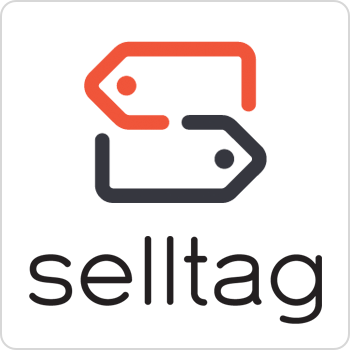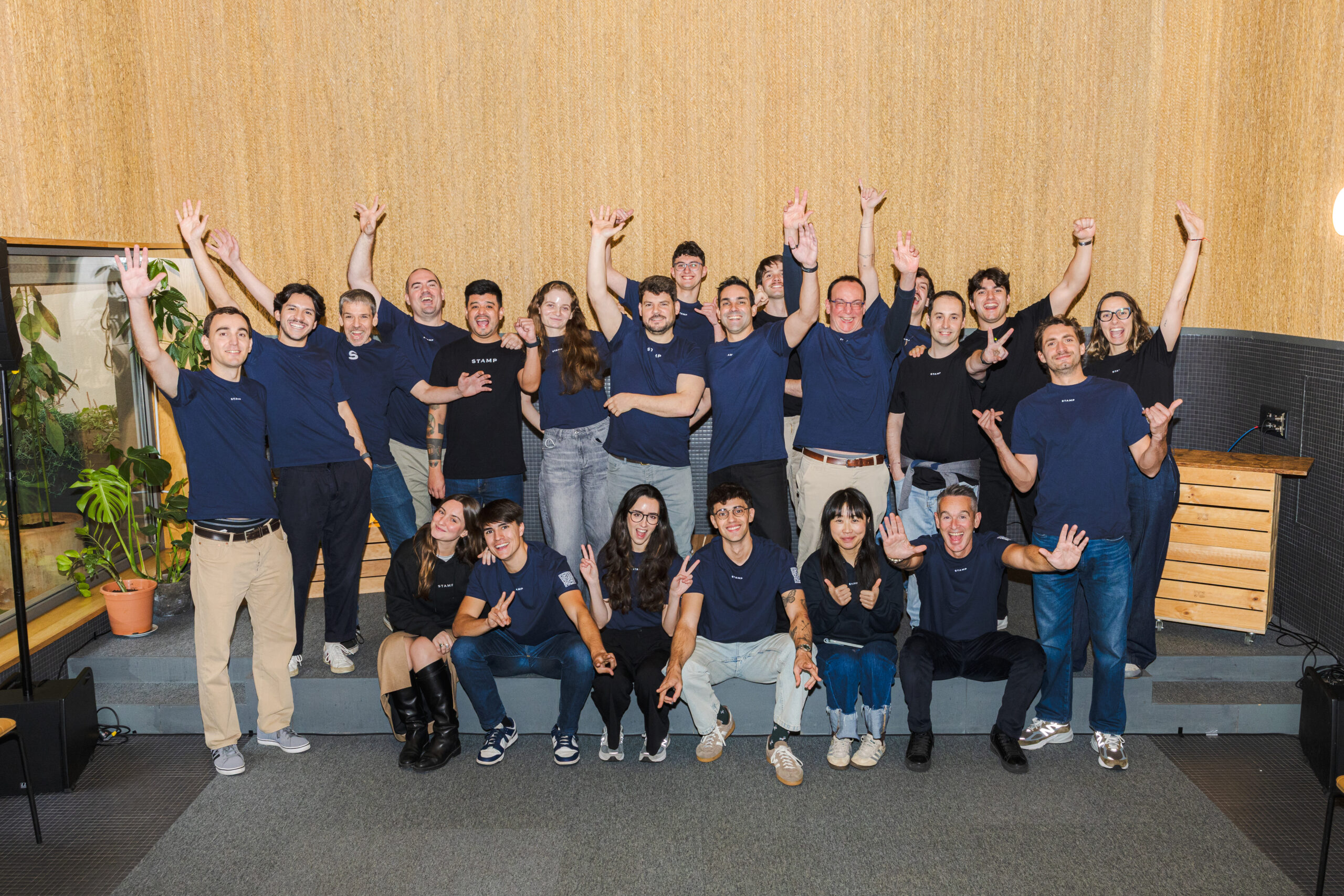“What people really want is to sell stuff they don’t need, but they often don’t care where the buyer is from”. That’s Javier Escribano’s, co-founder and CEO of Selltag, response when asked about the company’s latest service, Telotransporto.
Launched last week, Telotransporto is a courier service designed for buyers and sellers that operate on Selltag’s marketplace.
When an agreement between two parties is reached, Selltag offers them the possibility of having the products shipped to a different city or region within Spain for €4,99. The company will be in charge of collecting the items at buyer’s homes and delivering them in less than 24 hours.
The unveiling of Teletransporto also has another big implication for the small Madrid-based startup, which is that Selltag will now begin to collect payments -using Braintree- and to allow for transactions to be fully completed on its platform.
Besides the €4,99 fee, the company will charge a 10% commission based on the value of the product being shipped, up to €40. “This means that if a product is sold for €800 we will only keep €40, instead of €80”, Javier says.
In cases where the buyer and seller are in the same city and wish to meet in person, Selltag will continue to be a free product.
Selltag: not just local transactions
Javier explained that the company has been looking to offer these kind of services since day one. “We’ve always been focused on Spain as a whole, and not just on local transactions”, he said. According to the company, over the past three months 78% of user conversations/negotiations that have taken place on Selltag where made between users that were, at least, 50 kilometres apart. “All of them are now potential clients of ours thanks to Telotransporto”, he added.
These are the first signs of Selltag’s monetisetion strategy since the app was launched last year. The company said that at the end of January it had 100,000 downloads, and than in June that number had grown to 210,000. It also said that last month it had 50,000 active users.
Transactions seem to be also growing at healthy rates. In the first six months of 2015 Selltag’s users sold items valued at €870,000, four times as much than in the second half of 2014.
Competition in the mobile marketplace industry is an all time high
The number of startups disrupting the used goods market has skyrocketed over the past couple of years, as most apply a geolocation and mobile layer to what up until now were basically web experiences.
Barcelona-based Wallapop is a clear example of this, having raised more than $140 million from Fidelity, Accel Partners or Insight Ventures. The secretive startup is now available in the US and in most European markets, as it competes head-to-head with other well-funded companies like VarageSale or OfferUp. It’s worth noting that Wallapop has no business model and doesn’t make any money yet.
Selltag is smaller than most of its competitors -having raised €325,000 from Vitamina K, Danka Capital and Civeta– but it seems comfortable with its different approach. “Our dream scenario is one where buying products on Selltag is as easy as buying on Amazon”, Javier says. “One where you know that everything you buy is secure and you’ll receive great customer service. That’s our roadmap”.









